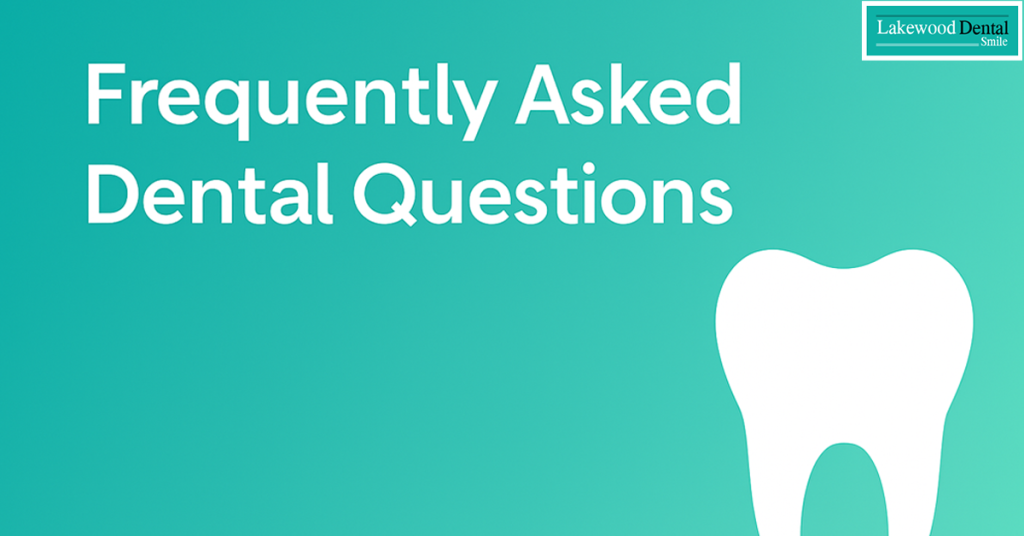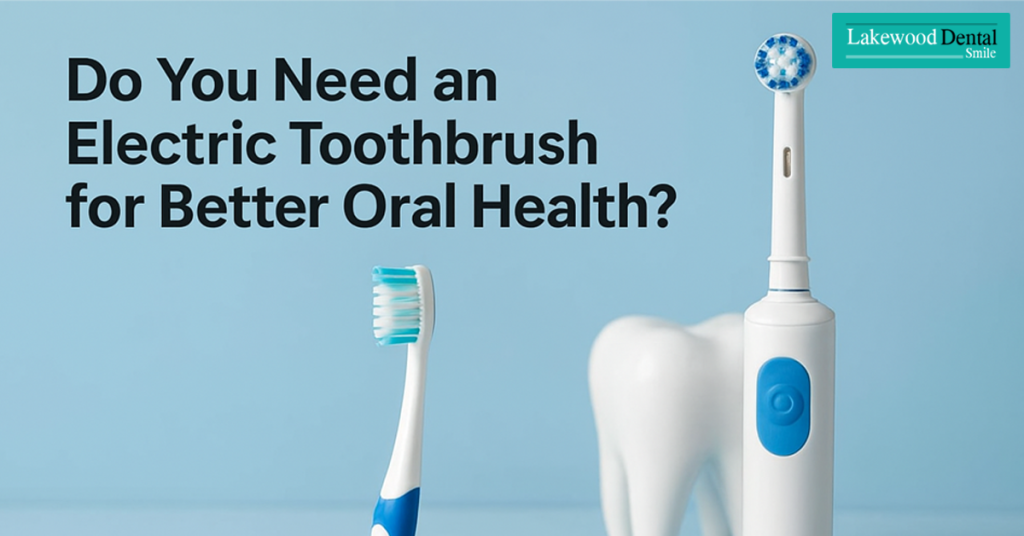
How to avoid bad breath is one of the most common concerns in oral hygiene, affecting millions worldwide. Bad breath, or halitosis, can result from poor dental routines, certain foods, lifestyle habits, and underlying health conditions. Understanding the causes and effective ways to prevent bad breath is essential for maintaining a healthy, confident smile. Understanding the causes and effective ways to know how to avoid bad breath is essential for maintaining a healthy, confident smile.
Understand the Causes
Before tackling bad breath, it’s crucial to identify its root causes. Often, halitosis results from poor dental hygiene, allowing food particles and bacteria to accumulate in the mouth. Plaque formation, gum disease, and tooth decay can all contribute to persistent odors.
Dry mouth, medically called xerostomia, is another significant factor. Saliva plays a vital role in neutralizing acids, washing away bacteria, and removing dead cells from the tongue, gums, and cheeks. A lack of saliva can lead to bacterial buildup, which directly causes foul breath.
Certain foods, like onions, garlic, and heavily spiced dishes, contain sulfur compounds that enter the bloodstream and are exhaled through the lungs, making bad breath worse. Tobacco products, including cigarettes and chewing tobacco, reduce saliva flow, stain teeth, damage gums, and leave a lasting unpleasant odor.
Medical conditions may also be linked to halitosis. Sinus infections, postnasal drip, respiratory illnesses, diabetes, liver disease, and kidney problems can all manifest as persistent bad breath. Identifying whether bad breath stems from lifestyle or health issues is vital for effective treatment.
1. Brush and Floss Daily
Brushing and flossing are the foundation of fresh breath. When food particles stay in your mouth, bacteria feed on them, releasing unpleasant odors. Brush your teeth at least twice a day and floss once daily to remove debris between teeth. Use an antibacterial mouthwash to reduce odor-causing germs. If you wear dentures, clean them thoroughly every day to avoid trapped bacteria.
2. Rinse Your Mouth Regularly
Rinsing your mouth with water or antibacterial mouthwash is another effective way to avoid bad breath. Choose a mouthwash that kills odor-causing bacteria instead of just masking the smell. After every meal, rinse your mouth with plain water to wash away food particles and reduce bacterial buildup.
3. Clean Your Tongue
The tongue often harbors bacteria that cause bad breath. Use a tongue scraper or gently brush your tongue with your toothbrush to remove the coating that builds up. Cleaning your tongue daily eliminates bacteria, food debris, and dead cells, leaving your mouth fresher.
4. Avoid Odor-Causing Foods
Certain foods like onions, garlic, and spicy dishes are major triggers for bad breath. Their strong-smelling compounds enter the bloodstream and reach your lungs, affecting your breath. If you’re struggling with halitosis, try reducing or avoiding these foods, especially before social or professional interactions.
5. Quit Tobacco Use
Smoking and chewing tobacco cause persistent bad breath, gum disease, and teeth discoloration. Tobacco reduces saliva flow and increases bacterial growth in the mouth. Quitting tobacco is one of the best ways to improve both your oral and overall health.
6. Keep Your Gums Healthy
Gum disease is a major cause of chronic bad breath. Bacteria collect in gum pockets and release foul odors. Regular dental cleanings and good oral hygiene can prevent plaque buildup. If you suspect gum disease, visit your dentist or a periodontist for proper treatment.
7. Stay Hydrated and Promote Saliva Flow
A dry mouth (xerostomia) can lead to bad breath because saliva helps wash away food particles and neutralize acids. Drink plenty of water throughout the day. Chewing sugar-free gum or sucking on sugar-free candies can also help stimulate saliva production and keep your mouth moist.
8. Visit Your Dentist Regularly
Even with the best home care, professional checkups are essential. If how to avoid bad breath remains a concern despite your efforts, schedule a dental visit. Your dentist can identify hidden causes such as cavities, gum infections, or other health issues like sinus infections, diabetes, or digestive problems.
9. Long-Term Habits for Fresh Breath
To maintain lasting freshness:
- Brush twice daily with fluoride toothpaste.
- Floss daily to remove hidden debris.
- Rinse after meals or snacks.
- Limit tobacco, alcohol, and strong-smelling foods.
- Keep hydrated and use sugar-free gum.
- Attend regular dental appointments.
By incorporating these habits, you not only prevent bad breath but also promote overall oral health, healthier gums, and stronger teeth.
Final Thoughts
Understanding how to avoid bad breath requires a combination of proper oral hygiene, dietary awareness, lifestyle choices, and professional guidance. With Lakewood Dental Smile, you can enjoy a confident smile and fresh breath every day. Consistency and awareness are key — because good oral health is a long-term investment in both your confidence and well-being.




